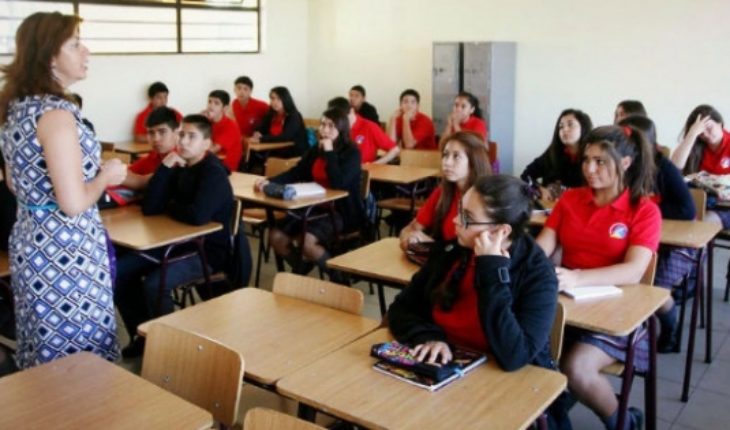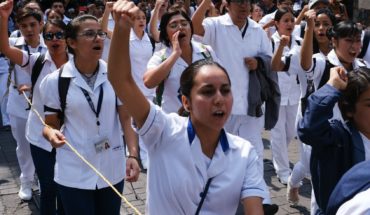Since 2000, the Organisation for Economic Co-operation and Development (OECD) has published the PISA report every three years. The report measures the knowledge and skills of 15-year-olds in three educational areas: reading, science and mathematics. In the version published this year, Chile reached 43, 45, and 58 (out of 79) respectively, not exceeding the OECD average in the categories.
Although the country has not exceeded the average of the international organization, it positioned itself as a Latin American leader in the areas of reading and science. In both areas it is followed by Uruguay (48 and 54 respectively), Costa Rica (49 and 60) and Mexico (53 and 57).
In mathematics Chile placed second in Latin America. The first was Uruguay (58 in the ranking), the third Mexico (61) and the fourth Costa Rica (63).
Few improvements
The report revealed that most countries, especially developed countries, experienced only a slight improvement in education over the past decade. To this we must add that spending on education increased by 15%, in that period.
“Every dollar invested in education pays big dividends in terms of social and economic progress and is the foundation of an inclusive and prosperous future for all,” said OECD Secretary-General José Angel Gurría.
The report also reported reading problems in young people. One in four students from the 36 OECD countries are unable to complete the most basic reading tasks. The problem is exacerbated in developing countries.
“Without proper education, young people will languish on the margins of society, unable to meet the challenges of the future world of work, and inequality will continue to increase,” Gurría added.
Asian leadership
China took an undisputed lead: in the three subjects covered by the PISA report it took first place. But it is not the only Asian country to top the rankings; nearly half of the top 10 is occupied by countries in that region.
Second and third place were obtained, also in all matters, Singapore and Macau, an autonomous region of the southern coast of mainland China.
The rest of the top 10 is starting to change. In reading Hong Kong placed in fourth place and followed by Estonia, Finland, Canada, Ireland, South Korea and Poland.
In mathematics Hong Kong also reached fourth place, following Taiwan, Japan, South Korea, Estonia, the Netherlands and Poland.
In turn, in science the fourth place is for Estonia. Then come Japan, Finland, South Korea, Canada, Hong Kong and Taiwan.
The OECD’s evaluative exercises were carried out in May 2018 to 600,000 young people from 79 countries, a total sample of 32 million people.
translated from Spanish: PISA report: Chile does not exceed OECD average for education and Asia tops ranking
December 4, 2019 |





